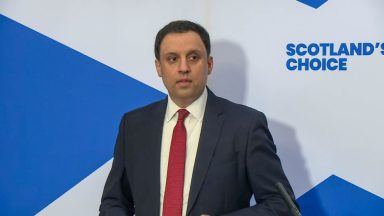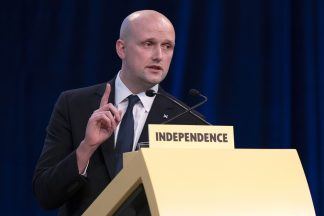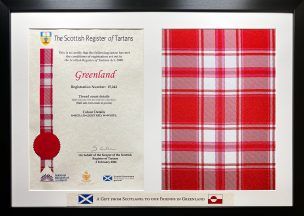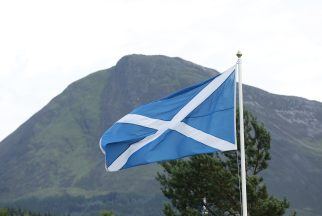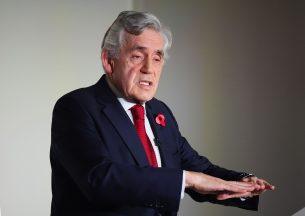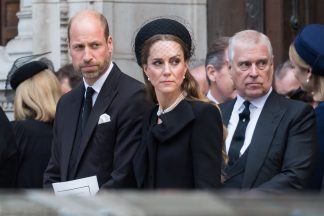Scotland’s education secretary has said it is for teaching unions to suspend strikes ahead of the exam period to ensure there is no disruption.
Teachers have been in dispute with councils and the Government in recent months, with a two-week rolling period of walkouts due to finish on Monday and more action planned.
Speaking to the BBC on Sunday, Shirley-Anne Somverville said the two sides were still “some way apart”, with the latest offer amounting to a 5% increase but unions asking for 10%.
Strikes could continue into the exam period in the spring, which would mark the third out of the last four years to be hit with disruption after the impact of Covid-19 in 2020 and 2021.
Asked if she could guarantee the exam season would not be impacted, Somerville told The Sunday Show: “I don’t think it should and I think that’s very much up to the trade unions.
“One of the aspects which I’m very, very determined to ensure is that children and young people have very limited disruption to their education going forward – exams is a critical part of that.
“I would hope that everyone involved in this dispute would be able to agree that we do not want to see exams disrupted.”
She said the Scottish Government was working on contingency planning if the strikes impact the exam period.
“I would like to think, for the benefits of children and young people and parents across the country, that it wouldn’t be too difficult for trade unions to say ‘no, we absolutely respect children’s rights to be able to carry out their exams and not have any threat hanging over them’.”
Asked to give a guarantee that a contingency would be in place, the education secretary said: “That’s absolutely what we’re working towards to ensure that happens.
“However, I would say, we can ensure that those contingencies are not required by the trade unions simply stating that yes, they’ll carry on strike action, they may carry on action short of a strike, but what they would not do is do anything to threaten exams, and that just takes away the worry.”
She said she was “absolutely” doing everything she could to end the dispute.
But Des Morris, the salaries convener for the EIS teaching union, said there had been little movement from Government and councils since the 5% pay offer was made.
He said it was “becoming increasingly difficult” to reconcile public statements from ministers with what is happening in negotiations.
“Over the course of January we’ve heard a number of statements such as ‘no stone being left unturned’ to find a resolution, offering to ‘look at all options’, statements that ‘there have to be compromises on both sides’, that Scottish Government is not ‘digging in its heels’,” he told the same programme.
“But these statements have all culminated in our January 20 pay meeting – the last pay meeting that was held – when basically the message was: ‘Teachers, see that 5% offer we offered you six months ago? Take it or leave it’.
“If that’s not digging your heels in, then I really don’t know what is.”
Mr Morris added that there had been a “complete lack of urgency” from the Scottish Government and council umbrella body COSLA.
On the issue of exams, Mr Morris said it was not for him to say if there would be strikes that would affect pupils, adding that the EIS executive committee keeps its industrial action plans “under constant review”.
Follow STV News on WhatsApp
Scan the QR code on your mobile device for all the latest news from around the country


 iStock
iStock

